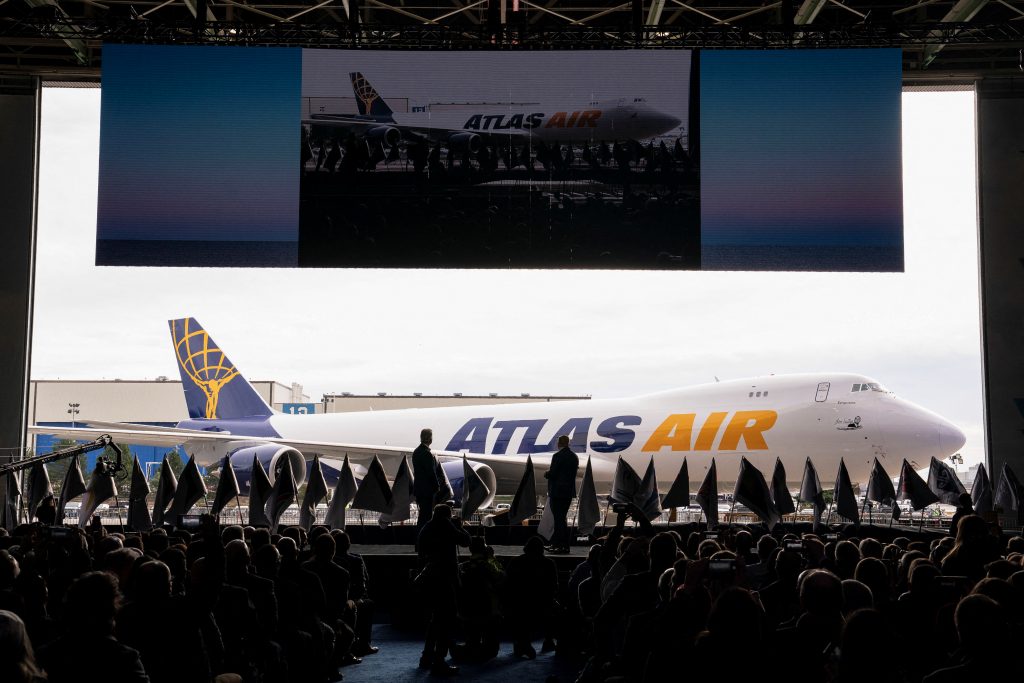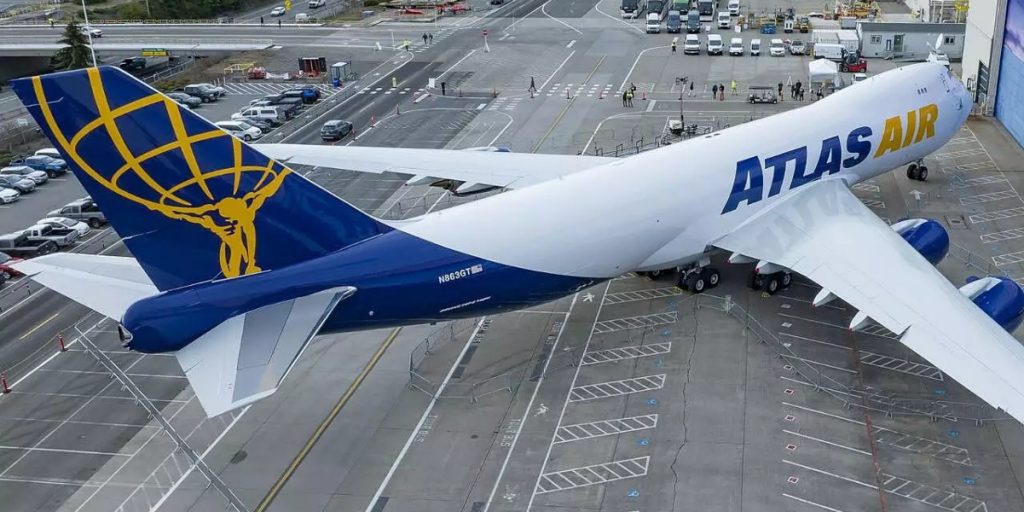Boeing has officially delivered its final 747 jets, marking the end of a production run that lasted for over 50 years. The iconic jumbo jet, affectionately known as the “Queen of the Skies,” first took flight in 1970 and has since become one of the most recognizable aircraft in the world. The 747 revolutionized air travel by making long-haul flights possible for the masses, leading to the creation of a truly global economy.
The 747 was originally designed as a massive military cargo vehicle, but it was turned into a passenger plane after Pan Am’s Juan Trippe offered Boeing a $500 million deal to develop an airplane that could carry hundreds of passengers at once and help cut the cost of air travel for consumers.

Over the decades, the 747 has been updated and modified to meet changing demands and advancements in technology. The 747-8, the final iteration of the aircraft, was introduced in 2011 and offered increased fuel efficiency and passenger comfort. Despite these improvements, however, the 747 has been gradually losing market share to newer, more fuel-efficient aircraft such as the Boeing 787 and Airbus A350.
The end of 747 production marks not only the end of an era for Boeing but for the aviation industry as a whole. The 747 has played a significant role in the growth and development of the global economy and has become a symbol of the romance of air travel. It is likely to be remembered as one of the most iconic and important aircraft in aviation history.

Boeing has stated that it will continue to support the existing 747 fleets and will provide parts and services to operators for many years to come. However, the end of the 747 production line will likely have a ripple effect throughout the aviation industry, affecting suppliers, maintenance providers, and even airlines themselves.
“It is fitting to deliver this final 747-8 Freighter to the largest operator of the 747, Atlas Air, where the “Queen” will continue to inspire and empower innovation in air cargo,” said Stan Deal, president, and chief executive officer of Boeing Commercial Airplanes, in a press release.
In conclusion, the final delivery of the 747 marks the end of an era for Boeing and the aviation industry. Despite its declining market share, the 747 will always be remembered as a pioneering aircraft that revolutionized air travel and made the world a smaller place. Its impact will be felt for many years to come, and it will always hold a special place in the hearts of those who have flown on it.


